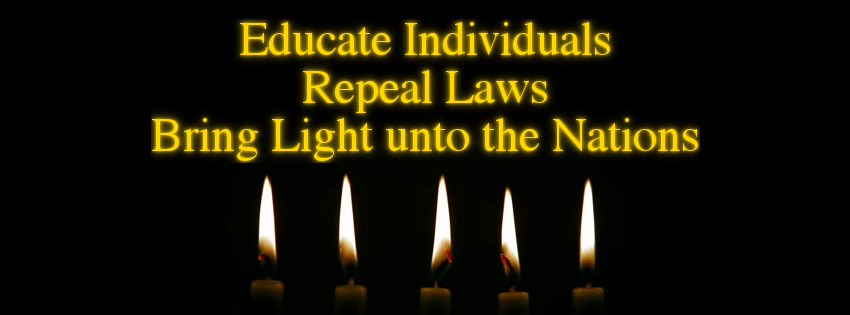 May the Forced blog post be with you: Its Star Wars day! Sean Malone at the Foundation for Economic Education asks if the Galactic Empire was really so bad, and concludes that there isnt that much indication about the political or state of affairs in Star Wars, but if the Empire is restrictive, then the Rebellion is good. I would have to disagree on all of that. There is a lot of talk about smuggling and farming and commerce here and there. A movie about just economics would likely not interest people very much. Star Wars is actually marketed as a space opera and a fantasy story, NOT science fiction. Its a story with traditional tropes, some real world themes, but not serious.
May the Forced blog post be with you: Its Star Wars day! Sean Malone at the Foundation for Economic Education asks if the Galactic Empire was really so bad, and concludes that there isnt that much indication about the political or state of affairs in Star Wars, but if the Empire is restrictive, then the Rebellion is good. I would have to disagree on all of that. There is a lot of talk about smuggling and farming and commerce here and there. A movie about just economics would likely not interest people very much. Star Wars is actually marketed as a space opera and a fantasy story, NOT science fiction. Its a story with traditional tropes, some real world themes, but not serious.
But based on what we see, who was the best for liberty? The Empire presents an authoritarian capitalistic bent, but probably is closer to the Congo Free State than Singapore. Commerce was important, but the guiding principle was power. The existence of smugglers, as Malone notes, demonstrates that there were prohibitions and regulations and taxes. So-called spice, a sci-fi MacGuffin, is one such thing that was heavily regulated and banned by the Empire due to its psychoactive effects. But the Empire also slave mined it and sold it, much like the CIA has done with opium in Afghanistan (is this still a conspiracy theory or is the media finally investigating it?).
The Empire itself was founded on the corruption of the Old Republic, which really was not much better. Taxation and regulations were the official reason the Trade Federation (Goldman Sachs with a robot army?) blockaded Naboo. Was there any difference between the two regimes really? The so-called Republic sort of had elections, but was run more like an overpowered United Nations. Senators were appointed by planetary or sectorial governments, or sometimes popularly elected. Is democracy good for freedom anyway?
As touched on somewhat in Rogue One, the Rebel Alliance had its problems too. They kidnapped people and pressed them into service, or threatened to turn them over to the Empire if they did not cooperate. They suffered from bureaucratic problems and wanted to restore the very Republic that was so problematic. In a sense, one can argue the Republic was more lax on regular people, while the Empire was occasionally very invasive, but as Jyn Erso says, you just keep your head down and you dont see an Empire.
The closest thing to libertarianism would be the Confederacy of Independent Systems, a sort of Galts Gulch concept. This collection of planets and intragalactic conglomerates was more keen one free trade and limited government. Every constituent had a say, altho there was a more limited governing council. But they were mostly focused on sustaining their independence from the Republic. There might be something to this even, there was not much state interference by the CIS at all. In truth, it was all a front to divide and conquer the galaxy, however I think that Count Dooku for awhile was truly trying to create a good thing and was not yet fully Sith until the end of Episode II.
Ultimately, all of this is just fictional nonsense. Indeed, its a fantasy story, not even science fiction. The rules of reality dont apply. Its whatever the writer wants it to be, moreso than other genres and stories. It is a legendary saga, a long time ago, in a galaxy far, far away.
https://www.youtube.com/watch?v=yHfLyMAHrQE
